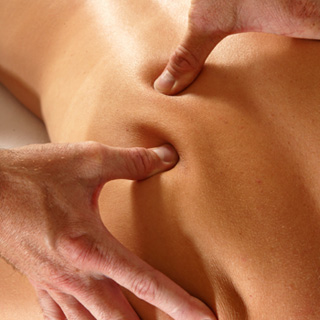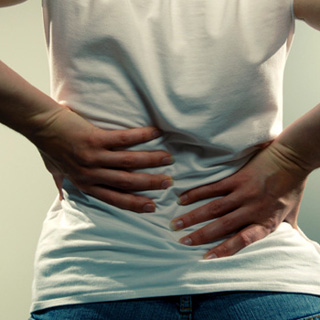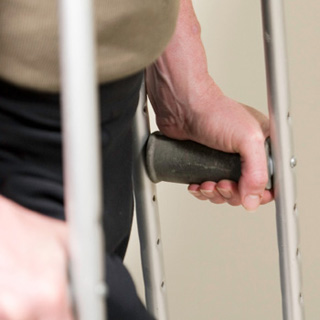
Parkinson's disease is a progressive neurological disorder that affects the brain's ability to communicate with muscles. Specific cells in the brain that produce neurotransmitters (primarily dopamine) degenerate, causing tremors, muscle stiffness or rigidity, loss of balance, and slowness of movement. Although medications are usually very effective in reducing the severity of symptoms initially, their effectiveness diminishes significantly within a few years of continuous use. In addition, this causes motor (movement) problems over time, and does not seem to delay the progression of Parkinson's.
Exercise also reduces the severity of symptoms, but without any harmful side effects. Parkinson's destroys and deactivates (primarily) motor and cognitive pathways. Exercise stimulates the brain to build both motor and cognitive pathways, and increases motor cortical (area of the brain that controls movement) activity and growth. Research is lacking regarding whether exercise can reverse or delay the progression of Parkinson's, but exercise has been shown to increase the production of neurotransmitters (including dopamine).
Any person, even someone with Parkinson's, can increase their strength. The stronger a person is, the greater their capacity is for increased independence in function and mobility. People who regularly exercise (at least through early adulthood) have decreased risk of Parkinson's, and curiously, elite athletes are rarely diagnosed with Parkinson's.
At COAST, we can help determine which exercises will give you the greatest benefit. We will be happy to share with you the research that our program is based on.
Gerry Van Dyke, COAST's Owner and Director, pioneered the use of high intensity exercise/weight lifting for treating Parkinson's Disease in the 1990's. For a brief personal history about how he came to develop this treatment for his afflicted father, please click on the following link:


